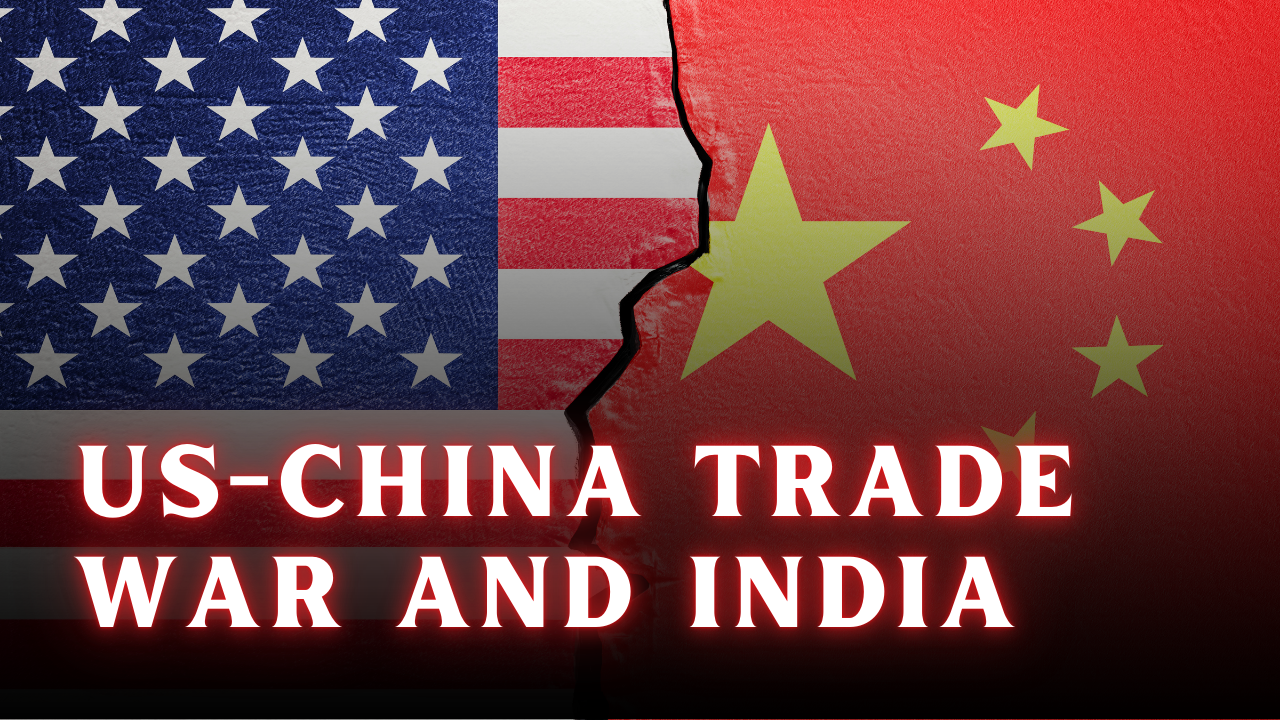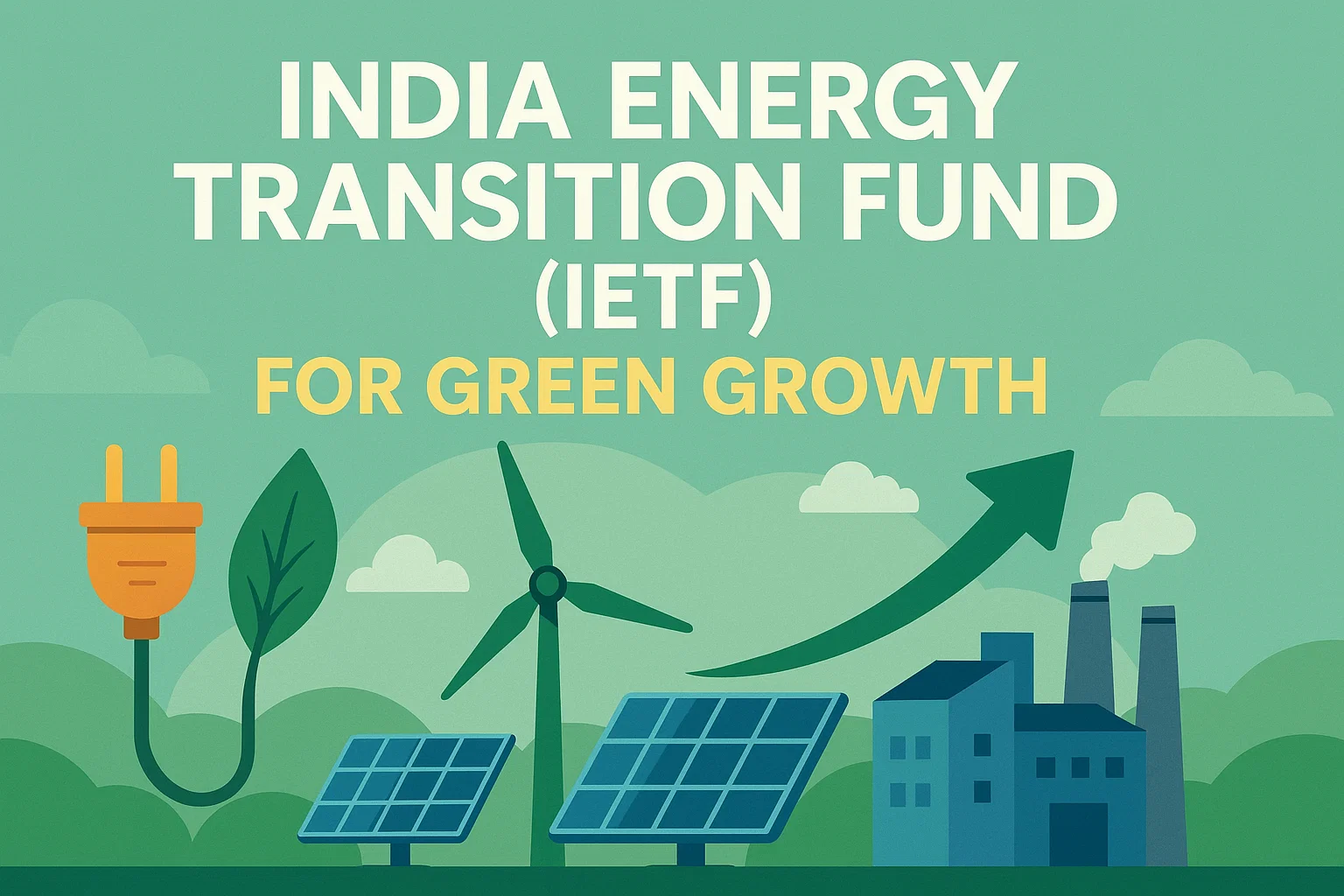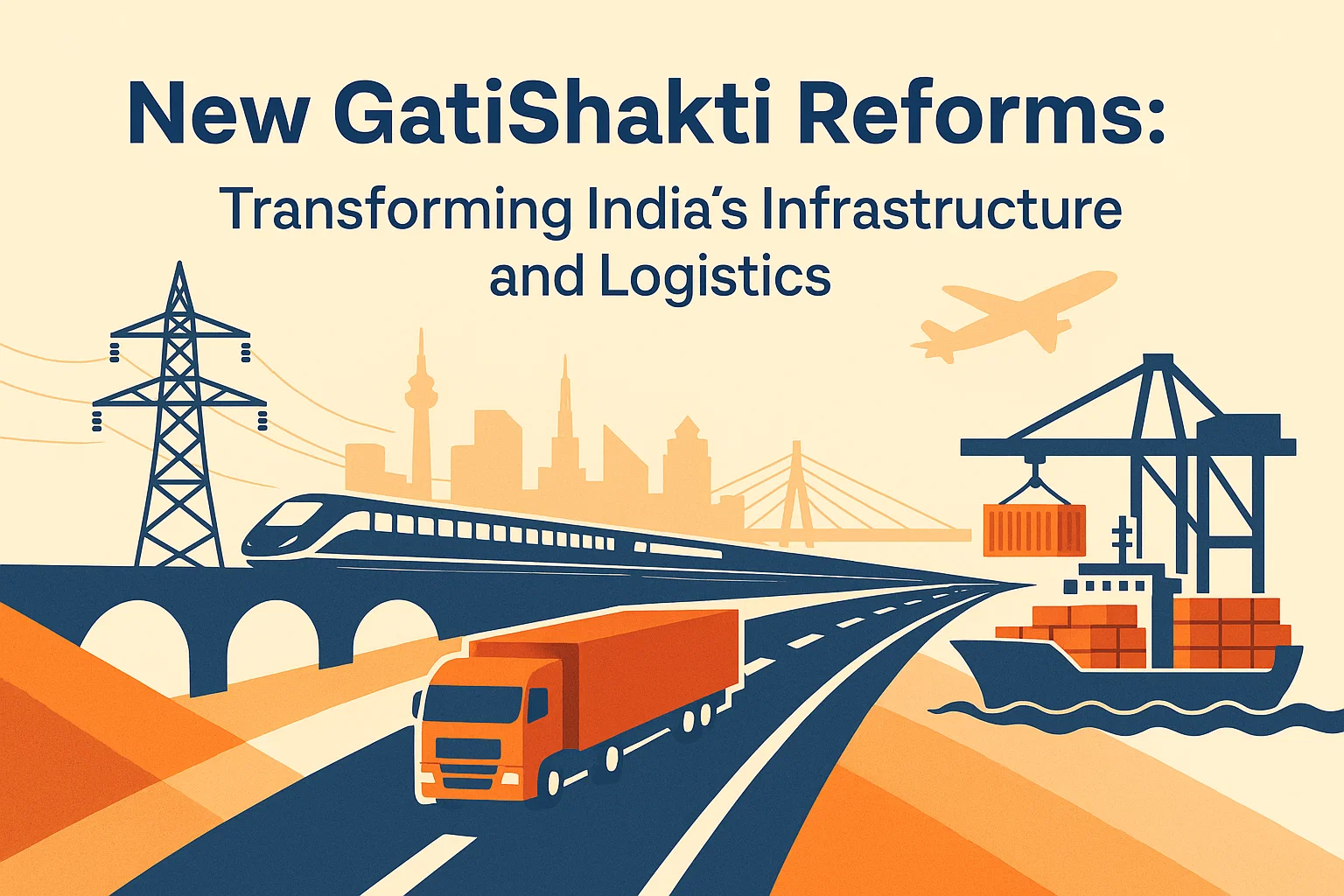Font size:
Print
US-China Trade War and India
Trade War – US–China tariff talks and implications for India.
Context: Amid deteriorating US-China trade relations, China’s Ministry of Commerce has indicated a potential willingness to negotiate tariffs with Washington.
More on News
- The ministry said it is “evaluating” the possibility of engaging in discussions with the United States, responding to repeated overtures from US leadership.
- The US has also conveyed this intent through various channels, and China is currently evaluating the proposal, the ministry stated.
India Gains from US-China Tensions as Export Orders Surge
- The ongoing US tariffs on Chinese goods have resulted in a surge of inquiries and orders for Indian exporters, particularly in sectors such as electronics, textiles, and footwear.
- Exporters said that the availability of shipping containers — previously a bottleneck — is now improving, mainly due to the cancellation of several Chinese shipments to the US.
- Ajay Sahai, Director General and CEO of the Federation of Indian Export Organisations (FIEO), revealed that Chinese exporters are approaching Indian suppliers to fulfill US-bound orders to avoid losing American clients.
- However, he warned that any thaw in US-China relations may disrupt this shift in global supply chains and reduce India’s emerging export advantage.
Apple’s India Push Highlights Electronics Shift
- A significant development in India’s electronics manufacturing sector has been Apple’s increasing reliance on its Indian production facilities.
- Apple CEO Tim Cook recently stated that a majority of iPhones sold in the US during the June quarter would be exported from India.
- Despite this progress, Cook emphasised the uncertainty surrounding the future due to the ongoing US-China trade war, where Apple still manufactures a bulk of its products.
China Demands Tariff Rollback as Precondition for Talks
- In a strongly worded statement, China reiterated that it did not initiate the tariff war and that the US must demonstrate genuine intent by rolling back unilateral tariff hikes before any meaningful dialogue can proceed.
- If the United States truly seeks dialogue, it must cancel the wrongful tariff increases. Saying one thing and doing another erodes trust and undermines negotiations, the Chinese ministry stated.
Productivity Gap and Sectoral Challenges for India
- Despite the current export boom, Indian manufacturers acknowledge that China’s superior technical expertise continues to dominate several sectors.
- Mecca Rafeeque Ahmed, former FIEO president, noted that India’s non-leather footwear sector — which is in high demand in the US — is still underdeveloped compared to China.
- “India’s footwear industry is mostly leather-focused. Non-leather production, where China excels, is still nascent here.
- While we’re seeing more US inquiries, Bangladesh and Vietnam are also benefiting due to fewer restrictions on Chinese personnel and technology transfer,” Ahmed said.
- Vietnam, in particular, has emerged as a global manufacturing hub, especially in footwear and textiles, thanks to its close ties with Chinese suppliers and quicker adaptation post the initial US-China trade war.
Trade War Seen as Opportunity for Emerging Economies
- Many global economists view the US-China tariff conflict as a strategic advantage for emerging markets like India.
- Richard Baldwin, Professor of International Economics at IMD Business School, stated that continued US tariffs on China would create opportunities for India to expand its manufacturing base and global footprint.
- “China was a major competitor, and the trade war has weakened its position. If high tariffs remain, it will benefit large emerging economies like India,” Baldwin said.
- However, he noted that India missed out on greater gains in pharmaceuticals and electronics because those sectors were excluded from earlier rounds of reciprocal tariffs.
US-China Tensions to Persist Despite Trade Talk Signals
- Despite potential negotiations, Baldwin emphasised that a significant improvement in US-China trade ties is unlikely in the near term due to bipartisan consensus in the US that views China as a national security threat.
- “Both the national security and economic camps in Washington see China as a problem. This sentiment is bipartisan and deeply embedded in US policymaking. Even a leadership change wouldn’t drastically alter this stance,” Baldwin explained.
- He added that China is now retaliating more aggressively than during the Trump era, which could escalate economic tensions further and impact global supply chains.
Subscribe to our Youtube Channel for more Valuable Content – TheStudyias
Download the App to Subscribe to our Courses – Thestudyias
The Source’s Authority and Ownership of the Article is Claimed By THE STUDY IAS BY MANIKANT SINGH



